What kind of radiation does granite emit? Within the veins of the stone radioactive uranium, thorium, and radium naturally occur. True, these levels are usually in such small amounts that they pose little risk, especially if you get some distance from the countertop. However, occasionally, I will bump into a countertop that emits higher than 100 CPMs (counts per minute.) This is a little too high for my comfort level and should probably be for yours, too.
Why? Let's put this into context. An average person living at sea level (NYC) acquires about 300 millirems per year of naturally occurring ionic radiation per year. EPA.gov article on radiation exposure. (Celestial radiation increases with altitude.)
There is no direct equation for converting CPM (counts per minute) to mSv (milliSieverts) or mrem (milliRem) because beta CPM is an electron count and (micro and milli) sieverts is an account of bodily damage. The EPA suggests an intervention level at 300 CPM with the equivalent ≈ 10 µSv/hr (microSieverts per hour) ≈ 0.01 mSv/hr (milliSieverts per hour) ≈ 1.0 mrem/hr (milliRems per hour.)
Therefore, 100 CPM ≈ 0.33 mrem/hr. So, if someone spent 2 hours every day, 365 days per year, at this particular granite countertop, then their yearly exposure from this countertop alone would be ≈ 241 mrem/year. If you add the typical total exposure at sea level estimated by the EPA then this person’s yearly exposure ≈ 541 mrem.
Another stat to add some context: the Federal Government places a restriction of 500 mrem maximum exposure for anyone under 18 years old who works with or near radiation. 5,000 mrem for an adult. The EPA recommends that a typical citizen’s exposure to background radiation should not exceed 100 mrem per year. In light of this, the background exposure of 241 mrem per year exceeds EPA guidelines by 141 mrem/year, but if you were employed as the home’s chef, then you are far below the 5,000 mrem per year.
THERE'S MORE TO GRANITE THAN WHAT THE SALESPERSON TELLS YOU.
The levels of radon gas emitted vary from stone to stone and the age of granite stone will directly effect emission levels. Radon gas is a natural residue of the radioactive decay of radium. An old granite stone will emit some radon gas as it ages.
As most know, radon gas is the second leading cause of lung cancer, second to smoking cigarettes. In some homes, radon gas is emitted from the ground under the foundation which then leeches into the basement. This is much more of an issue than any granite countertop radon gas emission.
Fortunately, the ill effects of radon gas emitted by a granite countertop can be mitigated by increasing the surrounding room’s airflow, as with other toxic volatile organic compounds. Introducing proper ventilation to any kitchen area is highly recommended.
©2018 All rights reserved.
